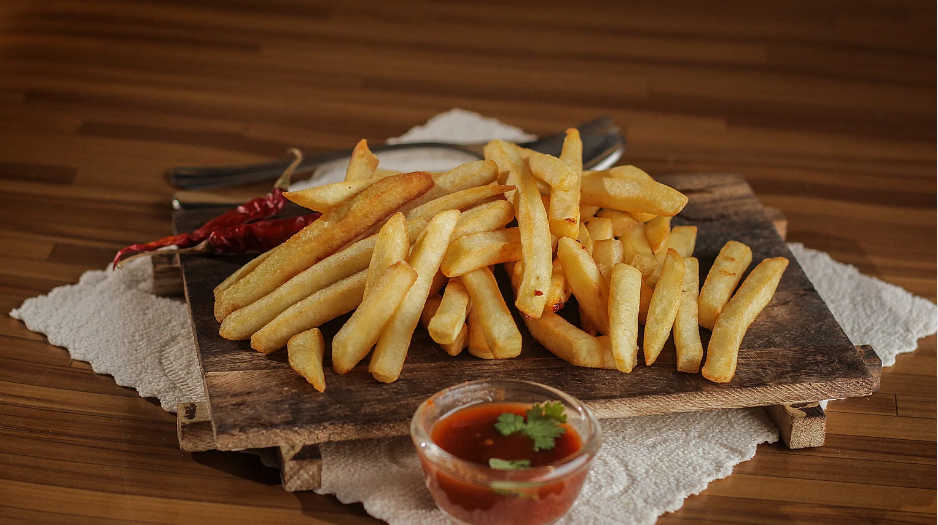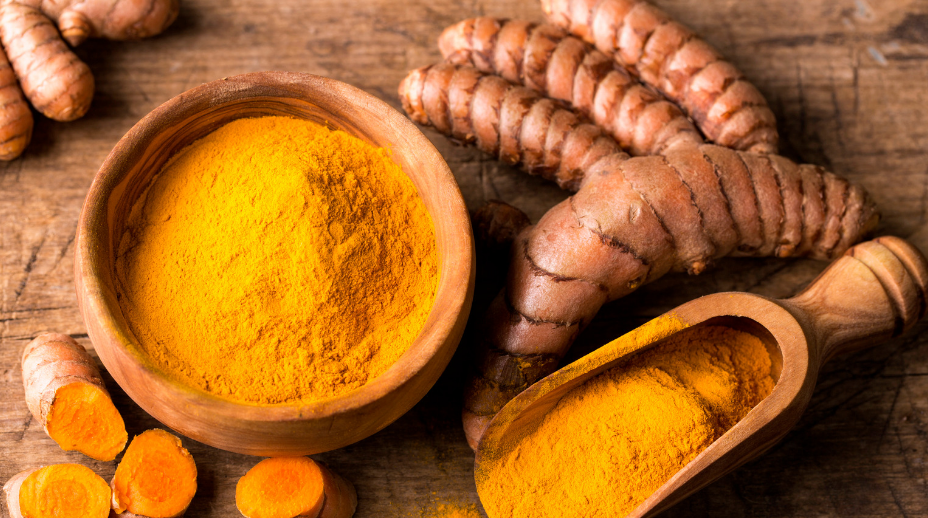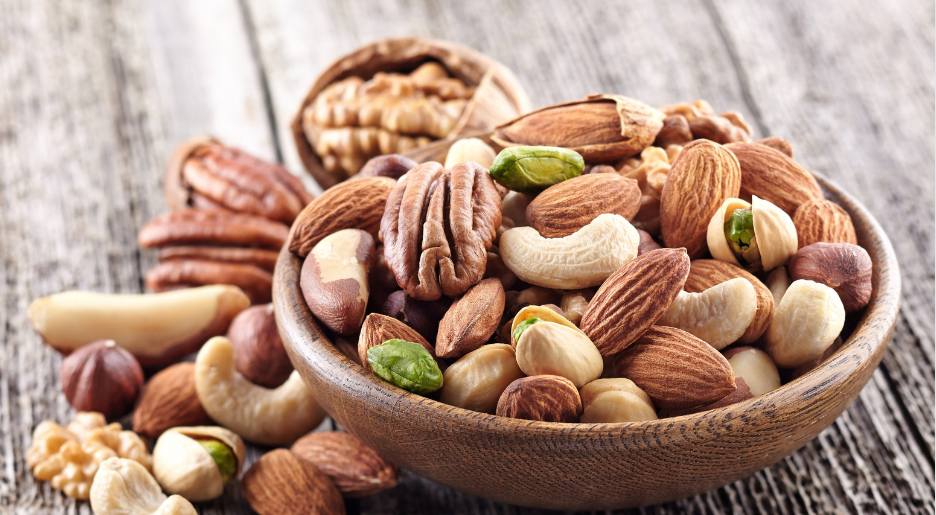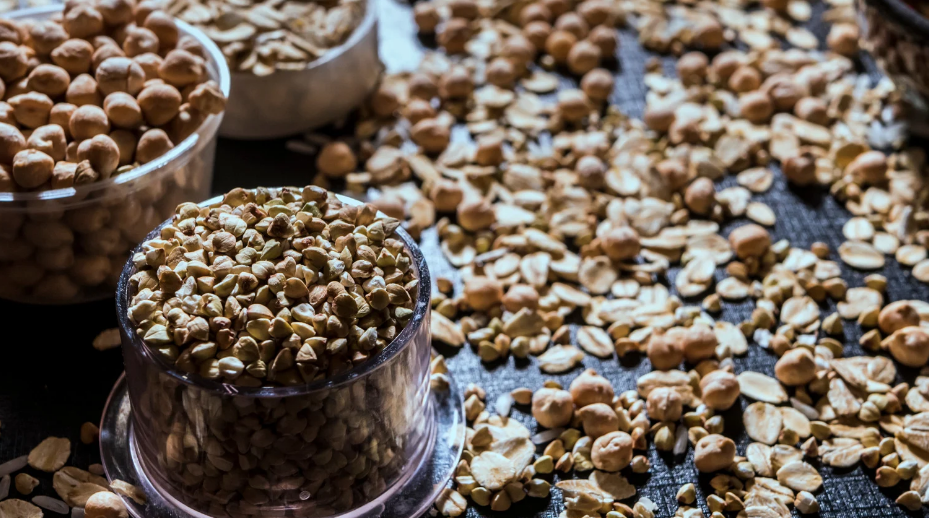Anti Inflammatory Foods: Surprising Foods For Seniors That Help With Inflammation

Inflammation is a natural response that the body uses to heal, but chronic inflammation can cause serious damage to the body. This post will teach you about foods that reduce inflammation as well as give you some strategies for pain relief.
What Causes Inflammation?
Inflammation is a natural part of the human body’s healing, but it can also cause serious damage to the body if it comes on too strongly or lasts for too long. The common causes of inflammation are:
- Allergies
Allergies are a common cause of inflammation. They happen when someone reacts to a substance they are allergic to. Dust mites are a common allergen, but other substances that can cause allergic reactions to include cat dander and pollen.
- Injury (Trauma)
Traumatic injuries like broken bones, cuts, and burns can cause inflammation as well. The body does the best to heal these injuries, but if left untreated for too long, it can lead to bacteria building up around the wound, and an infection can occur. This can result in pain or swelling.
- Infection
Whenever the body gets sick, it starts an inflammatory response. Getting rid of the infection is the primary goal, but if left untreated, the inflammation can cause pain and swelling for weeks or even after the infection is gone.
Some people may not know that the foods we eat can cause chronic inflammation. In particular, there are some foods that can trigger an inflammatory response in your body for over 24 hours after consumption! These foods are called “inflammatory.”
Foods That Cause Inflammation

- Fried Foods like fried meats, french fries, or battered vegetables
- Refined Carbs like such as pastries and white bread
- Sugary drinks, including tea, soda, and juices
- Saturated and Trans Fat, it includes processed meats, like sausages and hot dogs
- Alcohol
- Red Meat
For those who want to reduce chronic inflammation, a good place to start is by reducing the sources of inflammation in your diet.
Developing an Anti Inflammatory Diet
Many experts still do not know the long-term effects of anti-inflammatory diets on our health, but current studies suggest that consuming a variety of healthy meals may help prevent or control chronic inflammation.
However, an anti-inflammatory diet will not fix everything for older people. They should still take their prescribed medicines and therapies. Also, talk to a doctor before changing an older adult’s diet. Try to introduce the idea of a new diet slowly so that they can get used to it.
Anti Inflammatory Foods For Older Adults
What foods to include? The following are foods to include in an anti inflammatory diet:
1. Avocados
These are a good source of vitamin E, which helps protect your body from damage caused by free radicals. Avocados also contain monounsaturated fats, which are protective against inflammation. It is indeed one of the best anti inflammatory foods.
2. Ginger
Ginger is a root spice that can be eaten raw or cooked. It has anti-inflammatory properties and is also an antiemetic, meaning it helps reduce nausea. You can use it in stir-frys or add it to tea.
3. Turmeric

Turmeric is a yellow-orange spice with many benefits. One is that it helps to reduce inflammation. It has been used for centuries as an antiseptic and anti-inflammatory agent. Turmeric is a good choice for people with mild arthritis.
4. Berries
Berries are full of antioxidants. The darker the berries, the more antioxidants they will contain. These fruits fight inflammation in the body and can be eaten fresh or made into smoothies. They also contain huge amounts of fiber, which is good for gut health and digestion. A 2009 study found that berries are high in phytochemicals and rich in vitamins and minerals important for seniors.
5. Leafy Greens
Many leafy greens, like spinach, kale, and collards, contain healthy compounds that can help reduce inflammation. These vegetables are also high in fiber, which makes them ideal for those seeking to reduce gut inflammation.
6. Green Tea
Drinking green tea is a good way to consume antioxidants. The polyphenols in green tea also have anti-inflammatory properties. The flavonoids and phytonutrients in green tea are responsible for the anti-inflammatory effects.
7. Nut

There are many types of nuts that can have positive effects on your body, but walnuts are good because they contain omega-3 fatty acids. These acids help to reduce the risk of heart disease and arthritis. Additionally, almonds and macadamias are high in oleic acid, which is known to reduce inflammation in the body. They also contain antioxidants, which are essential in helping the body combat inflammation.
8. Winter Squashes
You can make a simple side dish of roasted winter squash by cutting it in half and scooping out the seeds. Brush the flesh with olive oil, sprinkle it with salt and pepper, and roast it in a pan at 400 degrees F until tender. This should take about 30 minutes or so. You can also cut up winter squash into cubes, coat them in olive oil, salt, and pepper, and roast them on a baking sheet for 20-30 minutes.
9. Fatty Fish
Fatty fish is considered one of the best sources of omega-3 fatty acids, which are essential to a healthy diet. They help reduce inflammation and control blood pressure. Some examples include salmon, sardines, trout, mackerel, and herring. These healthy fish are a good source of protein that supports muscle growth. Therefore, consuming 5 ounces at least twice a week is recommended.
10. Alliums
These anti inflammatory foods—which include garlic, onions, leeks, chives, shallots, and scallions—contain sulfur compounds that have been shown to have anti-inflammatory properties. The health benefits of alliums are well-known; they’ve been found to reduce the risk of cardiovascular disease. They can be added to various meals and are delicious eaten raw or cooked.
11. Whole Grains

These are a great addition to your diet. Whole grains contain many nutrients that help with inflammation, including vitamins, minerals, and antioxidants. The fiber in whole grains can help reduce your risk of having a stroke, high blood pressure, and heart disease.
12. Olive Oil
Olive oil is a delicious and nutritious product rich in monounsaturated fats and can reduce inflammation. It’s also great for your immune system.
There are three ways to use olive oil:
Cooking: You can use it to stir fry meat, vegetables, and rice or cook eggs.
Marinades: Olive oil adds a nice flavor boost when marinating chicken breasts or fish fillets. It reduces the amount of fat in the meal without sacrificing any taste!
Salad dressings: Mixing an extra virgin olive oil with balsamic vinegar creates an easy-to-make dressing that will add delicious flavor to any salad!
Final Thoughts
We hope that this piece has provided you with useful information about anti inflammatory foods for seniors. The next time you’re in the grocery store, you can consult this blog to help you make the choices when it comes to taking care of your senior health!
Now, there will be instances you are not there to provide them with the nutrition they need. In this case, you can hire a caregiver to look after them. Serenity Senior Care has the skill and experience to make sure the senior gets the right care at the right time. We have a team of motivated and expert caregivers who can provide all kinds of care, from medical treatment to personal assistance. Contact us today for more information!


